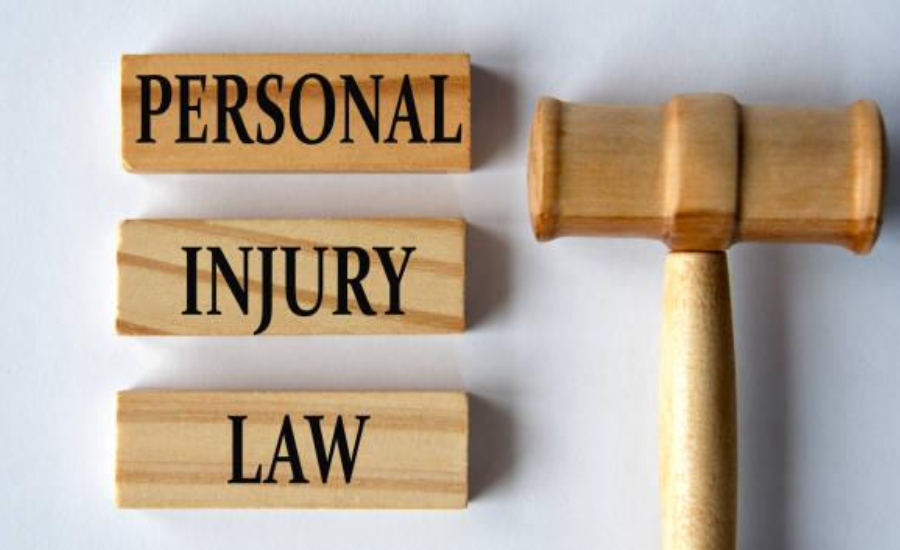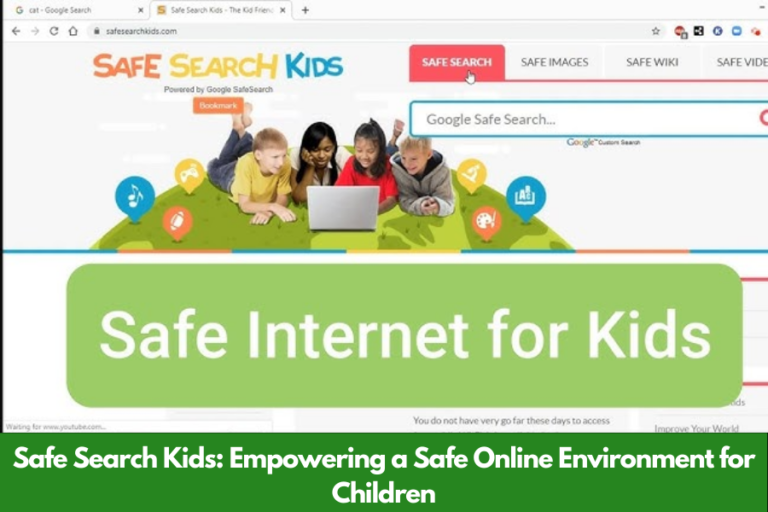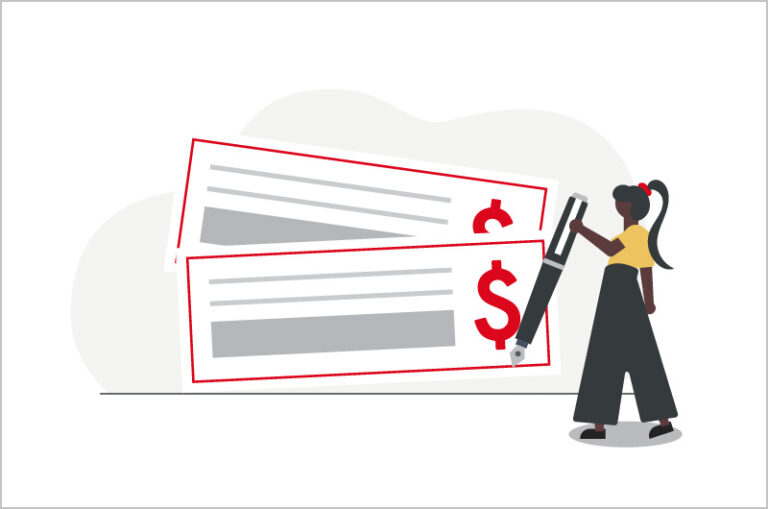Free Legal Guides for Navigating Personal Injury Claims
When you’re dealing with a personal injury claim, understanding the process can be overwhelming. That’s where free legal guides come in handy. These guides offer valuable insights into the legal landscape, providing step-by-step advice on how to handle your claim, what to expect, and how to improve your chances of success. Whether you’re trying to settle a minor accident or dealing with a complex injury, these guides are indispensable tools that can empower you with the knowledge needed to make informed decisions.
Why You Need Free Legal Guides for Personal Injury Claims
Personal injury claims can be complicated, especially if it’s your first time navigating the legal system. From gathering evidence to dealing with insurance companies, each step can feel daunting. Free legal guides are designed to simplify these processes. They break down complex legal jargon into easy-to-understand terms, providing you with the tools to navigate your case confidently.
Imagine being able to:
Understand your rights without needing to call a lawyer for every question
Know what documents to gather to strengthen your case
Learn how to deal with the opposing party’s insurance company
Familiarize yourself with the timelines involved in filing a personal injury claim
That’s the power of free legal resources. Not only do they provide peace of mind, but they also save you time and money by giving you a solid foundation before you consult an attorney.
What You’ll Find in Free Legal Guides
Most free legal guides cover a wide array of topics related to personal injury law. Here are some of the main areas these guides usually address:
1. Understanding Personal Injury Law
One of the primary topics covered in free legal guides is an overview of personal injury law itself. This is particularly important because it explains the legal definitions you’ll need to understand, such as negligence, liability, and damages. Having a strong understanding of the law can help you assess whether or not you have a valid claim.
2. The Claims Process
Guides often include a step-by-step breakdown of how personal injury claims are processed. This section will usually cover the following stages:
Filing the claim: What forms to fill out and where to submit them
Negotiations: How to negotiate a settlement with the insurance company or the opposing party
Litigation: When and how to take your case to court if necessary
3. Types of Personal Injury Claims
Not all personal injury claims are the same, and free legal guides will often categorize claims based on specific circumstances. For instance, you might find sections on:
Car accident claims
Slip and fall claims
Medical malpractice claims
Workplace injury claims
Understanding the nuances of different types of claims can help you approach your case with a tailored strategy.
4. Compensation and Damages
Free legal guides usually explain the different types of compensation you might be entitled to. These typically fall into two categories: economic damages (medical bills, lost wages) and non-economic damages (pain and suffering, emotional distress). Knowing what compensation you’re eligible for helps you set realistic expectations for your claim.
5. Statutes of Limitations
Each state has its own statute of limitations for filing personal injury claims. These are strict deadlines, and if you miss them, you could lose your right to file a claim altogether. Legal guides outline these time limits based on your state, ensuring you act within the proper time frame.
How to Use Free Legal Guides Effectively
While free legal guides are an excellent starting point, they’re not a replacement for professional legal advice. Here are some tips for getting the most out of these resources:
1. Start Early
Begin reading through legal guides as soon as you think you might have a claim. The earlier you educate yourself, the better prepared you’ll be to take action.
2. Take Notes
Legal guides often contain a lot of information, so don’t be afraid to take notes on key points, such as deadlines or important documents you’ll need to gather.
3. Supplement with Professional Advice
While these guides offer a wealth of information, they can’t address the specifics of your case. Once you’ve gathered all the knowledge you can, consult with a personal injury lawyer to discuss the particulars of your claim.
FAQs About Free Legal Guides
Here are some frequently asked questions about using free legal guides for personal injury claims:
Q: Are free legal guides a substitute for hiring a lawyer?
A: No, free legal guides are meant to provide you with foundational knowledge. They can help you understand the process and your rights, but they are not a substitute for personalized legal advice from a professional attorney.
Q: Can free legal guides help with specific types of injury claims?
A: Yes, many free legal guides are tailored to specific types of personal injury claims, such as car accidents, slip and falls, or medical malpractice cases. These specialized guides can help you understand the particular laws and procedures that apply to your situation.
Q: Do free legal guides vary from state to state?
A: Yes, personal injury laws can vary significantly from state to state. Many legal guides will offer state-specific advice, so it’s essential to ensure the guide you’re using is relevant to your location.
Q: Where can I find free legal guides?
A: Free legal guides can be found on various websites, including legal aid organizations, law firm blogs, and government sites. These guides are typically easy to access and download.
Q: How accurate are free legal guides?
A: Most free legal guides are written or reviewed by legal professionals, so they are generally accurate. However, laws change over time, so it’s crucial to verify that the information is up to date.
Q: Will a legal guide tell me if I have a strong case?
A: While a legal guide can help you understand the general criteria for a strong case, only a personal consultation with an attorney can give you an accurate assessment of your claim’s strength.
Conclusion
Navigating a personal injury claim can be intimidating, especially if you’re not familiar with the legal process. However, free legal guides offer a reliable, accessible way to educate yourself on the basics of personal injury law. From understanding your rights to learning how to file a claim, these resources give you the knowledge to take control of your case with confidence.
Remember, while free legal guides are incredibly helpful, they should be used as a supplement to professional legal advice. Once you’ve reviewed the information, don’t hesitate to reach out to a qualified personal injury lawyer who can provide guidance specific to your situation.
In the end, knowledge is power, and these free legal resources are the first step towards ensuring that your rights are protected and that you receive the compensation you deserve.
Stay In Touch For More Updates And Alerts: Glamour Tomorrow






